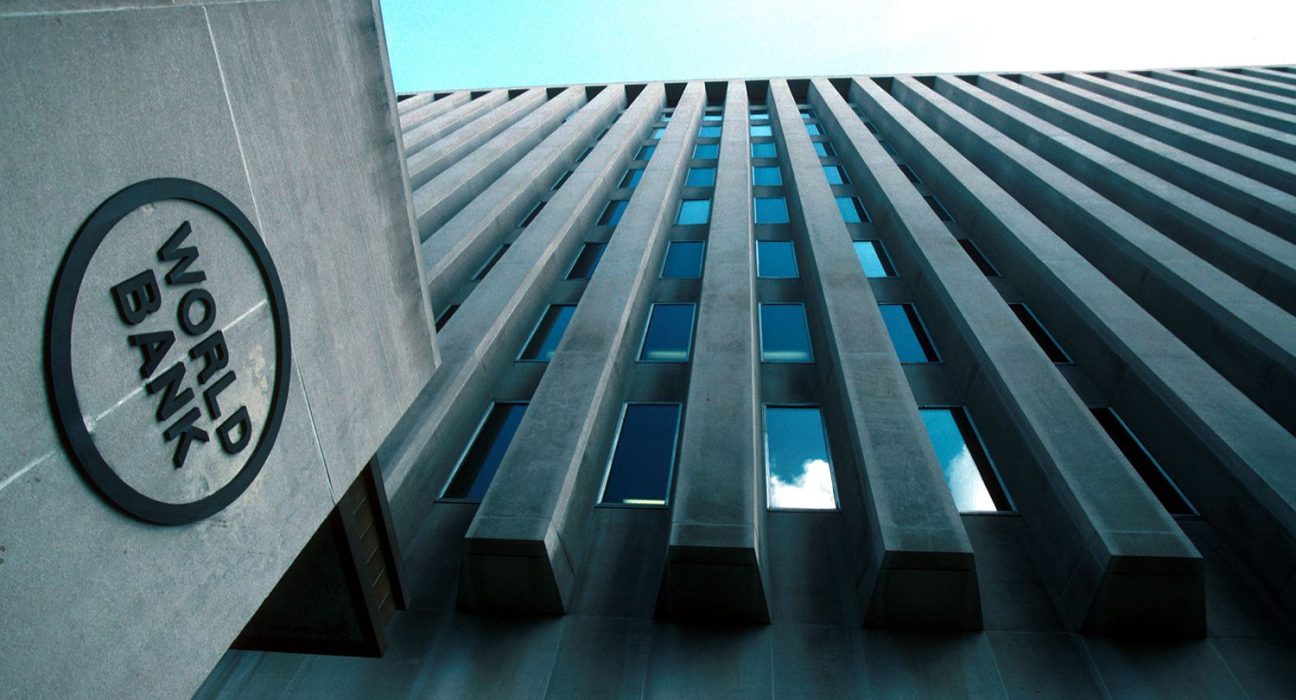Nigeria’s Minister of Finance and Coordinating Minister of the Economy, Mr. Wale Edun, has called for sustained private sector investment to consolidate the country’s current economic progress. This comes as the World Bank commended Nigeria’s recent economic reforms and growing fiscal discipline, acknowledging positive signs of recovery and resilience.
Speaking at a high-level policy roundtable in Abuja, Edun highlighted the pivotal role of the private sector in translating macroeconomic gains into tangible development outcomes. He noted that the reforms spearheaded by the administration of President Bola Ahmed Tinubu, including the removal of fuel subsidies, unification of foreign exchange rates, and renewed focus on infrastructure — have created a more predictable and investment-friendly environment.
“The government has done the hard part by implementing bold and necessary reforms. Now, we must crowd in private capital to drive job creation, value addition, and inclusive growth. The economy is stabilising, and the next leap must come from private innovation and entrepreneurship,” Edun said.
He assured potential investors of the federal government’s unwavering commitment to regulatory transparency, ease of doing business, and targeted incentives that support key sectors like manufacturing, agriculture, digital technology, and renewable energy.
The World Bank, represented at the forum by its Country Director for Nigeria, Shubham Chaudhuri, lauded Nigeria’s recent fiscal and monetary adjustments, saying they are beginning to reflect in improved investor confidence and more coherent economic planning. Chaudhuri acknowledged that while the reforms have come with short-term hardship, they remain necessary for long-term stability and sustainable growth.
“We are seeing the right signals coming from Nigeria, a willingness to take tough decisions and a recognition that private sector-led development is the most effective path to reducing poverty,” the World Bank official remarked.
The dialogue also featured input from representatives of the Nigeria Sovereign Investment Authority (NSIA), the Nigerian Investment Promotion Commission (NIPC), and the Lagos Chamber of Commerce and Industry (LCCI), all of whom echoed the call for long-term investment strategies to unlock Nigeria’s economic potential.
Wale Edun further stated that the Tinubu administration remains focused on restoring macroeconomic stability, reducing inflation, and creating enabling conditions for MSMEs to thrive, describing these efforts as part of the broader Renewed Hope Agenda.
As Nigeria charts its path out of economic headwinds, analysts say the current momentum, if sustained, could restore investor trust and reposition the country as Africa’s most attractive investment destination.
